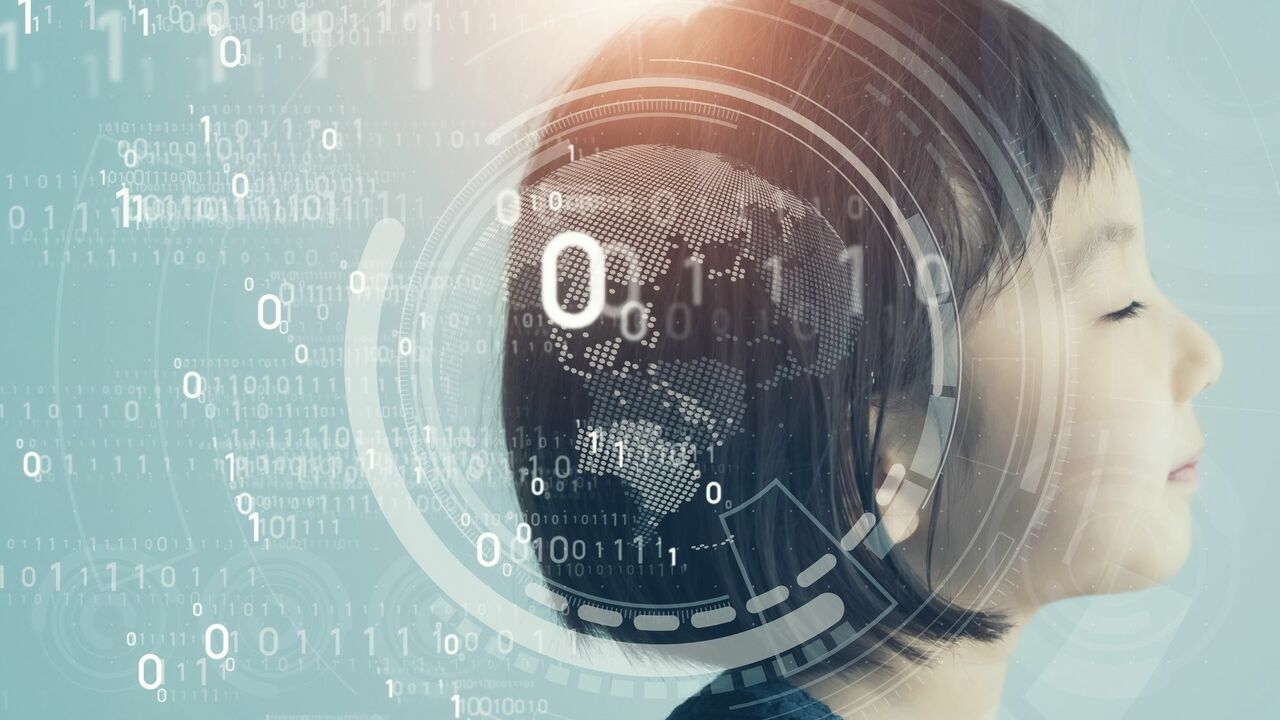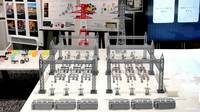
The World Economic Forum’s (WEF) Future of Jobs Report 2020 estimated that AI could replace 85 million jobs by 2025. By the same token, 97 million new jobs may emerge with the new division of labor between humans, machines, and algorithms.
Three years later, we’ve seen the impact of this prediction. AI is now being used in transportation, healthcare, banking, retail, entertainment, e-commerce, marketing, and even philanthropy. Generative AI, such as ChatGPT, is aiding workers to be more efficient at daily tasks while upending education.
This dramatic shift to learning has led some states to ban ChatGPT.
“Due to concerns about negative impacts on student learning, and concerns regarding the safety and accuracy of content, access to ChatGPT is restricted on New York City Public Schools’ networks and devices,” said education department spokesperson Jenna Lyle in January.
Some school districts within Alaska, California, Maryland, New Jersey, North Carolina, Oklahoma, South Carolina, Texas, Alabama, Virginia, Washington, and Wisconsin have followed suit.
The term “artificial intelligence” was coined by computer scientist John McCarthy in 1955. He’s also credited with developing the first AI programming language, Lisp. Enter ChatGPT decades later. This is a tool that lets users enter prompts to receive humanlike images, text, or videos that are created by AI.
In a 2023 study.com survey that included over 200 K-12 teachers, over one-third believed all schools should ban ChatGPT while twice as many said it should be permitted. This viewpoint was consistent with 66% of college professors surveyed who said ChatGPT should not be banned at schools or universities. This study included over 100 educators and over 1,000 students.
“My entire department is nervous about the sudden easy access to AI writing tools, and we've already seen assignments from our students using it,” said a surveyed college professor. “For now, it's fairly easy to spot, but we're afraid that it's only a matter of a year or so before we'll be able to suss out the cheating. We don't have a plan and are eager to find one.”
Another said, “I have several colleagues who have fed take-home exam questions to ChatGPT, and it has scored in the B-range, which is scary.”
This ‘fear factor’ surrounding AI has led some higher learning professionals to lean on this quote: “AI will not replace innovators. But innovators who use AI will replace those who don’t.”
Romy Drucker, Director of the Education Program at the Walton Family Foundation would agree.
“Educators are innovators. They recognize the urgency of this moment and want to use every tool at their disposal to meet each student’s unique needs.”
Drucker has also said that students need to feel a sense of ownership over their education and they need to feel excited about learning. ChatGPT seems to offer them this opportunity.
“As a young person, I see my future as in some ways limited by computers and algorithms, knowing there are jobs [that can be] replaced by automation,” said Kentucky high school junior Zachary Clifton in a ChatGPT Walton Family Foundation survey. “But this is an algorithm I can take advantage of and use to advance myself … It’s something I can use responsibly and will use responsibly moving forward.”
Even with ethical questions surrounding AI such as privacy, bias in decisions, legal questions, and impact on teaching (i.e. cheating), teachers are optimistic that generative AI like ChatGPT can help students build essential skills. These include problem-solving, critical thinking, and creativity, all imperative for success in subjects like math, science, and English. But they need to be trained on how best to use it.
“I think we should teach them how to use this tool,” Kim Lepre, a seventh-grade English teacher in California told the National Educational Association. “It’s kind of like handing a kid a calculator… Hand them a TI85 – that’s one thing, but show them how to use it? That’s even more powerful.”
For instance, to combat students using ChatGPT to construct essays Lepre suggests moving away from the standard five-paragraph essay response to prompts that require personal narratives and critical reasoning.
“We could instruct students to reverse engineer an essay generated by AI by personalizing the essay and adding missing details,” she said. “Discussion on how the generated content compares to an essay written by a human [is another possibility].”
Another educator, Joanie Allen, head of school at a private K-12 school in the midwest said, “Asking students to explain their work will determine if they created it themselves.”
She said speaking on a topic a student has researched and is familiar with is very different from having an AI-complete their assignment. A teacher can quickly tell the difference.
Other ways of dealing with these ethical issues have resulted in new tech. With students broadly using ChatGPT to cheat on academic papers, a Princeton University student developed an app that determines if an essay was written using AI.
The app, GPTZero, which was launched this year by computer science student Eduard Tian, detects copying by highlighting factors like complexity and randomness. The initial demand for the app was so high that the website crashed. It’s now amassed 1.2 million users and has raised $3.5 million in a seed round from early-stage venture firms.
"While the tool [ChatGPT] may be able to provide quick and easy answers to questions, it does not build critical-thinking and problem-solving skills, which are essential for academic and lifelong success," said Lyle.
This has a huge impact on the workforce of tomorrow.
Like the 2020 WEF report, online education platform edX said 800 executives and employees estimate that nearly half (49%) of skills in today’s workforce won’t be relevant in 2025. 47% believe their workforces are not prepared for the future workplace.
These startling results have put the onus on educators to prepare students for this future. Students need to amass the invaluable expertise necessary to successfully utilize generative AI like ChatGPT while maintaining critical thinking and problem-solving skills.
Tian said it best.
“[GPTZero] is about more than catching students misusing the tools — it's not even about detecting the AI. It's about preserving what's human.”




